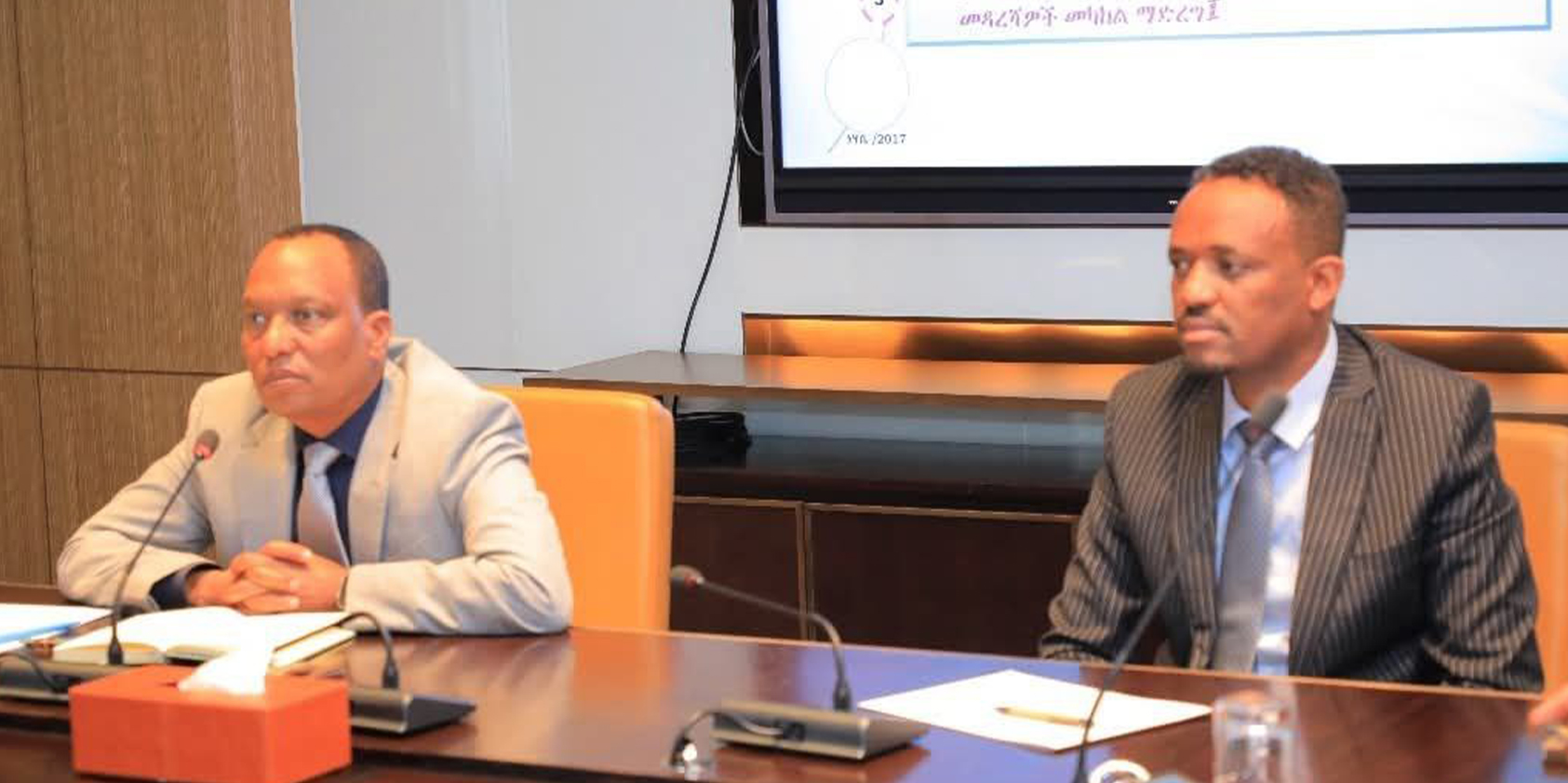The Ethiopian government has officially rejected private airline operators’ calls to separate the Ethiopian Airports Enterprise (EAE) from the Ethiopian Airlines Group (EAG), affirming the continued integration of the two entities despite longstanding concerns over potential conflicts of interest.
Minister of Transport and Logistics Alemu Sime addressed private air transport operators during a recent consultative forum, acknowledging the validity of their concerns but emphasizing that the separation is currently impossible, particularly given plans for a massive new airport construction project. “In hindsight, the merger of airports and the airline may have been a mistake,” Alemu conceded, “but considering our future infrastructure projects, especially the new airport, separation is not feasible at this time.”
The years following the 2019 merger have seen rapid growth in Ethiopia’s aviation sector, with Ethiopian Airlines consistently expanding its international footprint and revenue. In the last fiscal year, the airline reported robust financial performance and expanded its fleet and services. Key ongoing projects include the $6 billion mega airport development planned near Bishoftu, designed to handle up to 100 million passengers annually in its final phase, slated for completion by 2029. This new infrastructure is expected to significantly increase Ethiopia’s aviation capacity while reinforcing Addis Ababa’s position as a leading African aviation hub.
Private airlines have long argued that Ethiopian Airlines’ control over vital infrastructure, such as Addis Ababa’s Bole International Airport, creates an unfair competitive environment. They contend that independent management of airports is essential to foster competition and ensure equitable treatment of all air transport operators.
Despite this, the government maintains that the Ethiopian Airports Enterprise will retain internal autonomy and continue to provide integrated services for all airport stakeholders while working under the umbrella of the Ethiopian Airlines Group. The merger, initially approved by the Council of Ministers in 2017 under the Vision 2025 strategic plan, aims to consolidate aviation-related activities—including passenger and cargo services, maintenance, training, and hospitality—to drive industry growth and regional connectivity.
At the forum held at the Skylight Hotel, the Ministry of Transport and Logistics, the Ethiopian Civil Aviation Authority, and private operators convened to discuss the evolving aviation landscape. Civil Aviation Authority Director General Yohannes Abera joined Alemu in addressing issues raised by private players, including delays in flight licensing, limited aircraft maintenance services availability, as well as the absence of a clear regulatory framework enabling private carriers to operate international flights.
Alemu underscored the need to modernize the aviation sector in light of growing demand for air travel and related services. He highlighted government efforts to expand and upgrade smaller airports and routes in partnership with major infrastructure and tourism developments nationwide. His encouragement to private operators to deepen their participation reflected a commitment to fostering a competitive yet collaborative industry environment.
While separation of the airports from Ethiopian Airlines remains off the table for now, the government assured private operators that the evolving Aviation Policy will include measures to ensure fair oversight. The Civil Aviation Authority will exercise strict supervision, guaranteeing the provision of equal services to all operators until new policies are formalized.
